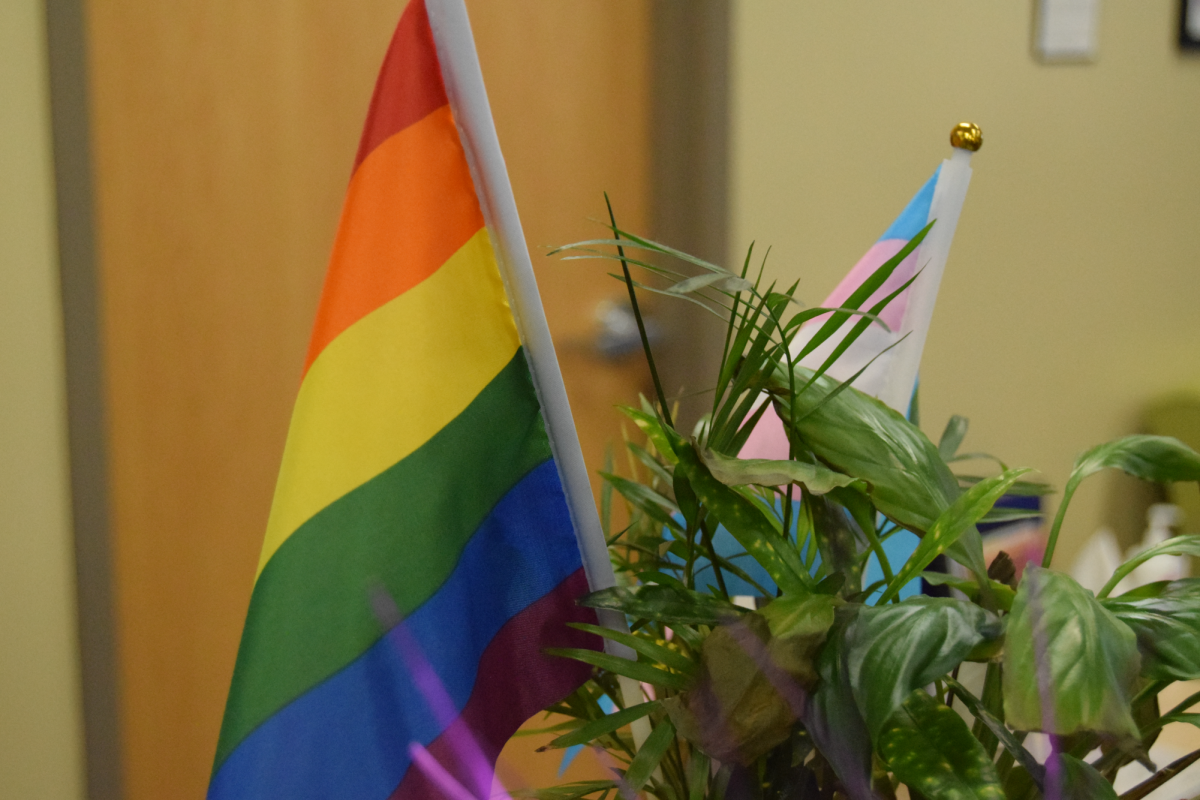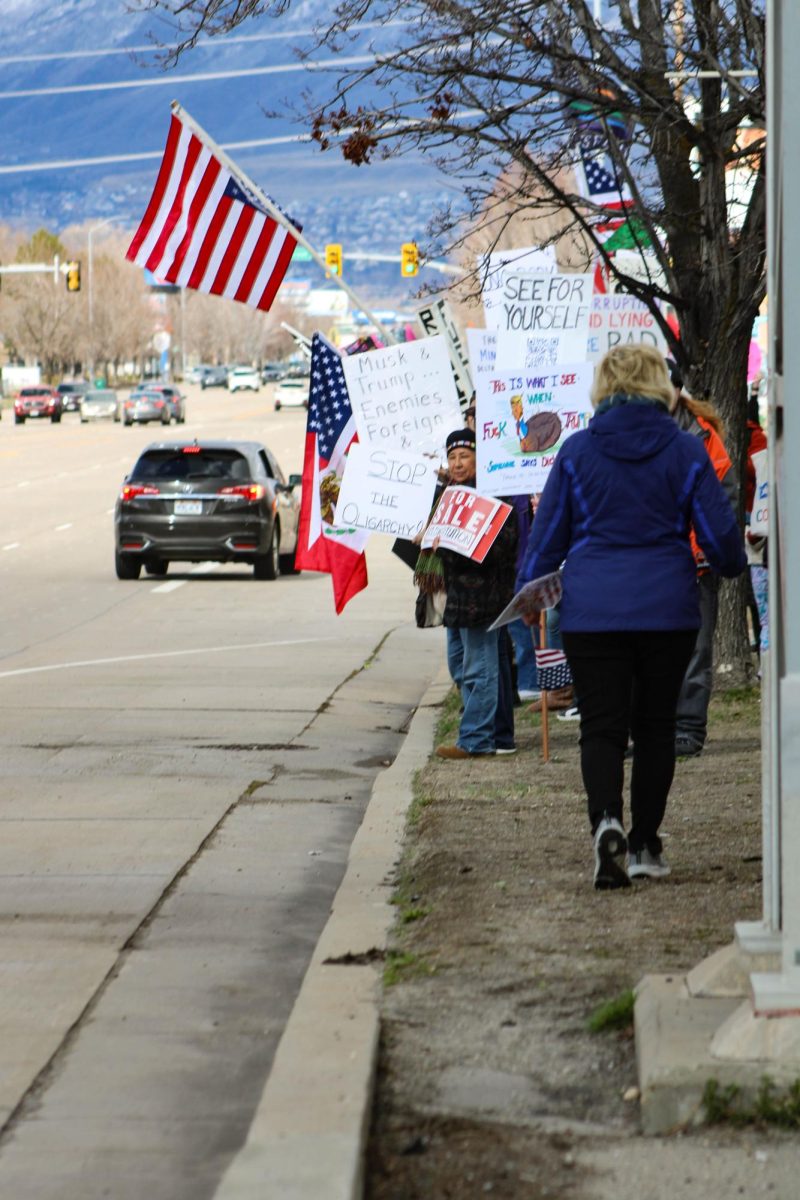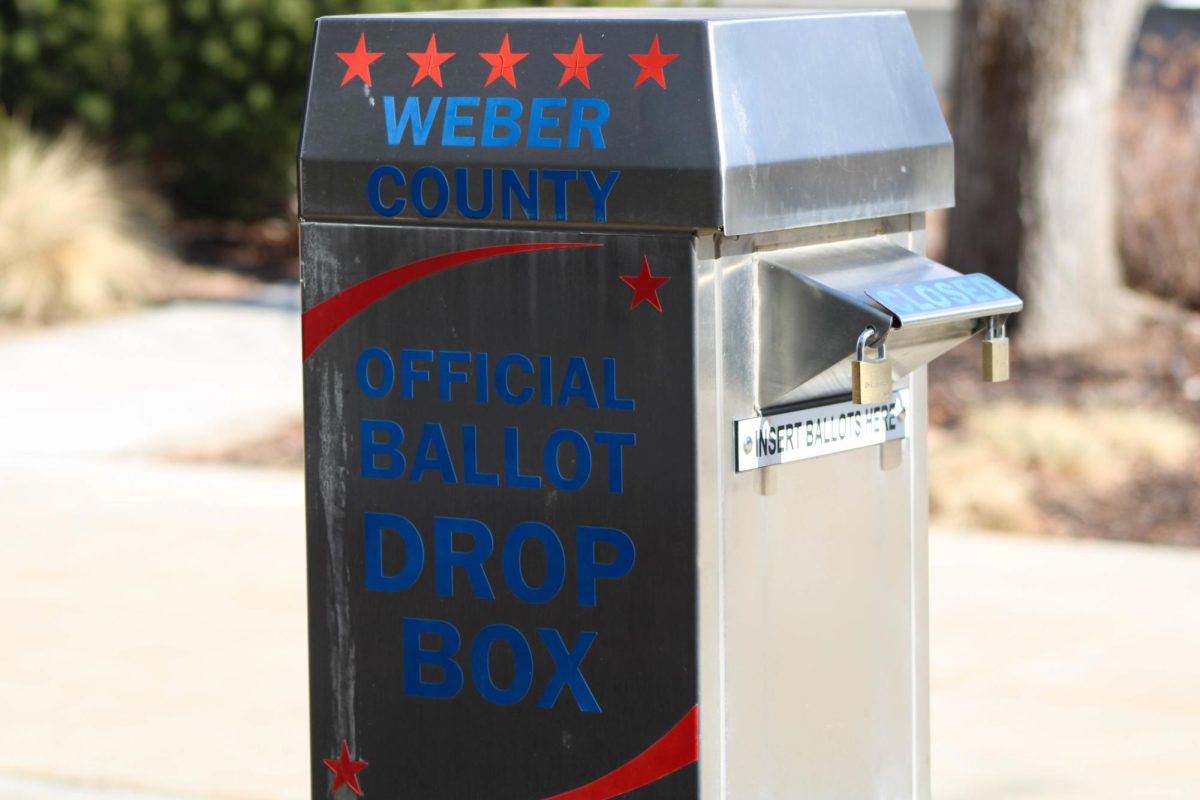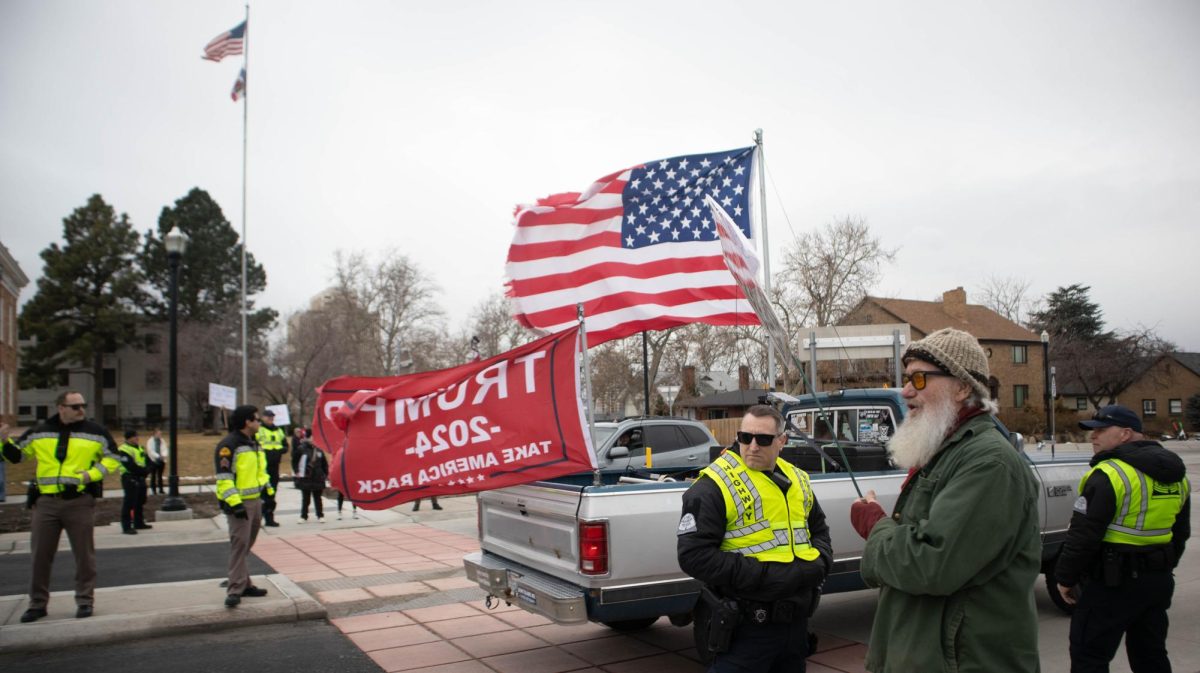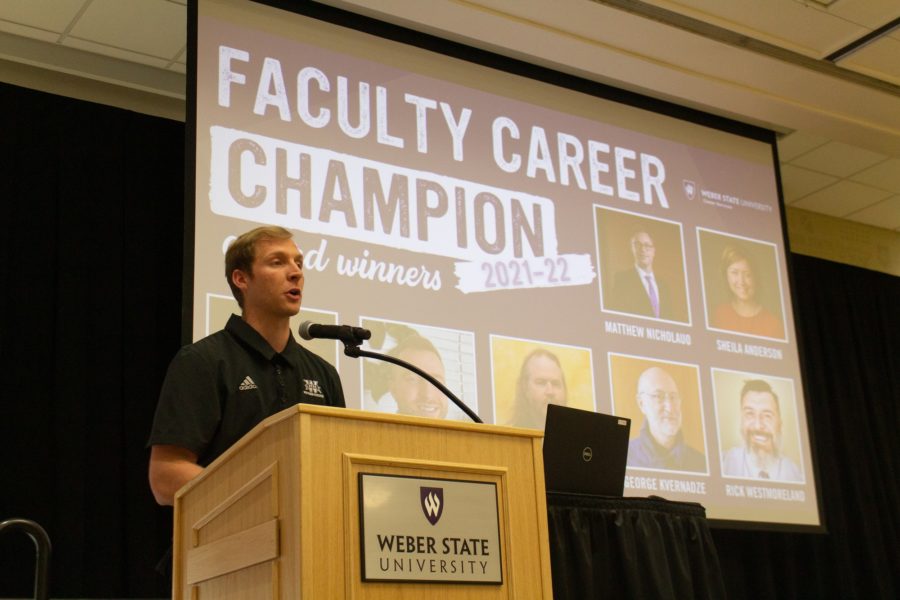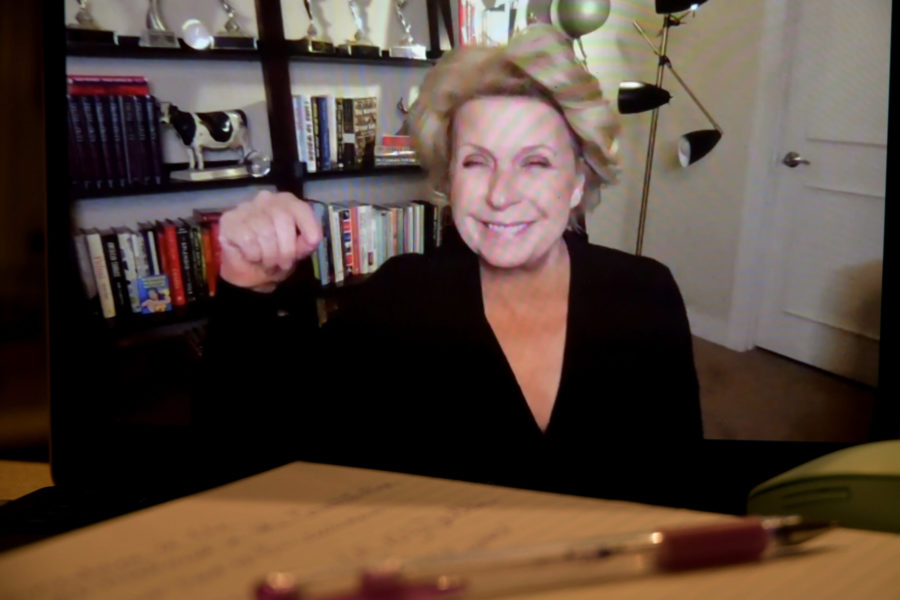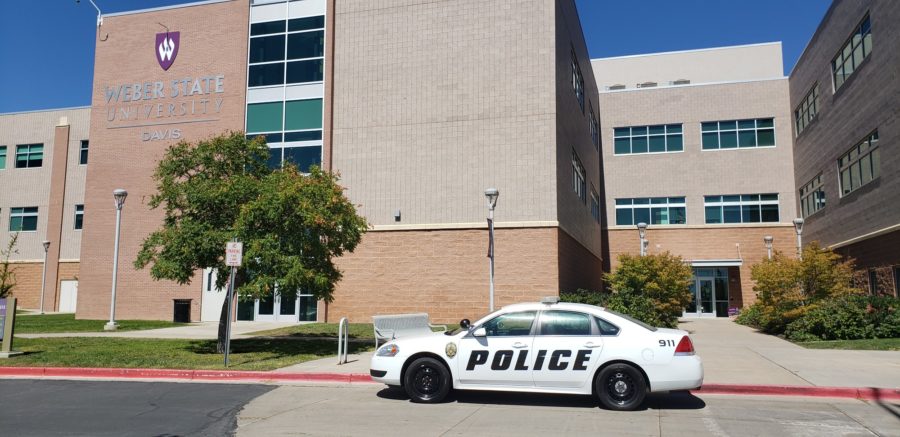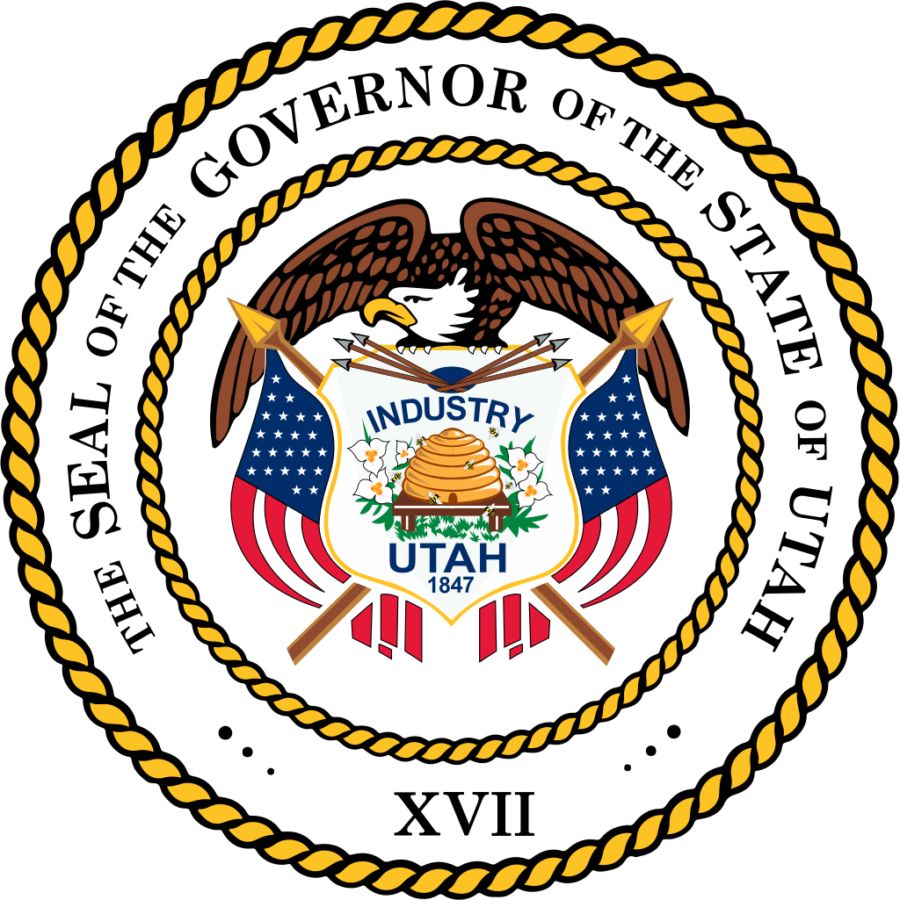
Federal Stafford Loan (student loan) interest rates rose to 6.8 percent July 1, because the U.S. Senate was unable to come to an agreement on a bill passed by the House of Representatives, making Congress unable to come to a compromise by its June 3o deadline.
A group of bipartisan senators, including Utah Senator Orrin Hatch, put together a compromise that would permanently lock in a lower rate on student loans. However, the Senate majority leader did not agree.
“What happened today in the Senate is unacceptable,” said Hatch in a press release shown on his website. “It’s time the President weigh in and get Senate Democrats to say ‘yes’ to our students who deserve a more affordable education.”
Congress now has a daunting task ahead of it as its Aug. 5 summer break approaches. If the issue remains unresolved, millions of students will be faced with the problem of whether or not they can afford a 6.8 percent interest rate on their student loans for fall semester, potentially causing the postponement of their college career.
“Getting an education is actually a dream of mine, and one I’ve been fighting for for the past three years,” said Weber State University senior Clarissa Parker.
Parker, a creative writing major and photography minor, said her credits qualify her as a senior, but that she still has a long way to go. Though the interest rate change won’t affect her until she graduates, she said that if Congress allows the rate to stay at 6.8 percent, she’ll definitely struggle with paying off her student loan debt while she breaks into her new career.
The problem of student loan interest rates is becoming an annual occurrence for Congress. This makes it difficult for financial-aid councilors to map out long-term plans for students’ educational careers. When it isn’t known what the rates are going to be over time, it is very difficult to find that plan, said Congressman Jim Matheson of the fourth district of Utah.
Matheson said there are several reasons the compromise was unable to be met by the deadline; some officials are interested in creating a broader reform and would like to further the discussion.
“We shouldn’t hold the issue off and have rates go up on students,” Matheson said. “I don’t think that is fair. I think we should keep the rates low while a conversation is going on for ways to reform the system.”
Matheson and 169 of his 435 colleagues have signed on as sponsors for Bill H.R. 1595, which would keep interest rates at 3.4 percent for a two-year fix. Matheson said he feels that is the right step to take, but that he thinks Congress needs to take some long-term steps in the student loan program to create certainty over a longer period of time.
Matheson also said some officials use the student loans interest rate as leverage to force bigger issues.
“I don’t like doing that,” he said. “I don’t like holding students hostage to put leverage on a bigger issue. I don’t think that is appropriate at all.”
WSU President Charles Wight said he believes the interest rates are still low enough that students who really want to go to school will have an opportunity to do so, but that he hopes students will take the opportunity to think carefully about whether they need to take out loans or if they might be able to stretch themselves financially in other ways to avoid it.
Congress has personally invited Wight to provide input on the re-authorization of the Higher Education Act. Wight is in the process of preparing a letter to Congress directly on the subject of student loans.
“I will express concern about the rise — doubling, basically — of student loan rates, and the fact that there is little difference now between what they call a subsidized loan and what they call an unsubsidized loan,” Wight said.
Students will now have to pay on the entirety of the loan and not just after they finish school while they are repaying it, Wight said.
Matheson said that now more than ever, it is critical that students, parents and all Americans let their voices be heard by their elected officials, and he urges everyone to write him using the hashtag #PutStudentsFirst on his Twitter, Facebook, blog and email.
Many platforms are available for everyone to voice their concerns by emailing Hatch, Senator Mike Lee and Congressman Rob Bishop of the first district of Utah, which is the district for WSU. Massachusetts Senator Elizabeth Warren’s petition is still available on MoveOn.org for her Bank on Student Loan Fairness Act, which would bring student loan rates down to 0.75 percent. Warren’s petition currently has 488,959 signatures, just short of its 500,000 signature goal.
The student loan issue is such a compelling issue that Matheson said he foresees a compromise in the near future, with the bipartisan vote bringing the rate back down to 3.4 percent before fall semester.
This issue is as relevant as it is ever going to be, according to Matheson.
“This is not a program to make money for the government,” he said. “This is a program to make sure that people in America, if they want to pursue education beyond high school, have that opportunity. That’s what this program should be about.”
**Correction: The deadline for Congress was actually June 30, not June 31.









